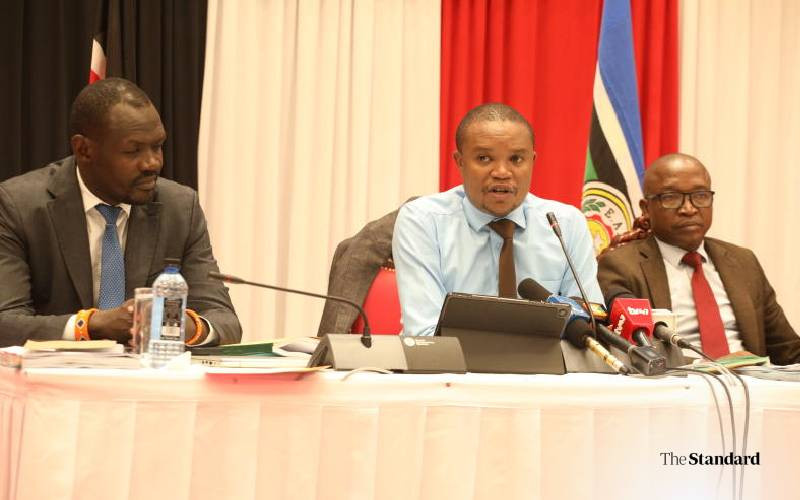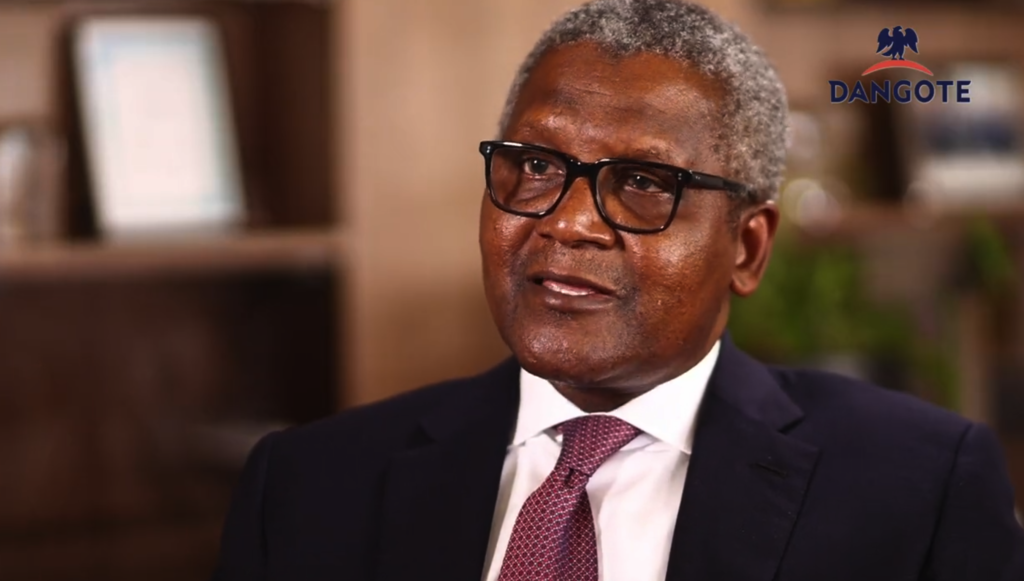Canada to expand citizenship by descent beyond first generation
The Government of Canada has introduced a bill aimed at expanding access to Canadian citizenship by descent, addressing long-standing concerns over limitations that have prevented many Canadians from passing on their citizenship to children born or adopted abroad.
The proposed legislation, Bill C-3, seeks to amend the Citizenship Act to extend citizenship rights beyond the first generation born outside Canada. Under current law, most Canadian citizens by descent cannot automatically confer citizenship to their children born outside the country, a restriction that critics argue no longer aligns with the realities of modern Canadian families.
Announcing the bill, the Honourable Lena Metlege Diab, Minister of Immigration, Refugees and Citizenship, said the changes are intended to balance inclusivity with a meaningful connection to Canada.
“Citizenship is more than a legal status—it’s a profound connection to the values, history, and spirit of Canada,” said Minister Diab. “By requiring those who pass citizenship to their children born abroad beyond the first generation to have a substantial connection to our country, we are honouring that bond. It reflects our belief that being Canadian means more than just a place of birth; it’s about belonging, shared experiences, and a commitment to the inclusive and diverse community we all call home.”
If passed, Bill C-3 would automatically confer Canadian citizenship to individuals who would have acquired it were it not for the first-generation limit or outdated provisions of earlier citizenship laws. It also introduces a new framework requiring Canadian parents to demonstrate a substantial connection to Canada, defined as a minimum of 1,095 cumulative days (three years) of physical presence in the country prior to the child’s birth or adoption, in order to pass citizenship to their children born abroad.
The legislative effort follows a December 2023 ruling by the Ontario Superior Court of Justice, which found the first-generation limit unconstitutional. The government chose not to appeal the ruling. According to the government, this decision aligns with its recognition that the existing legislation produces unjust outcomes for Canadians whose children are born outside the country.
The new bill also builds on past legislative reforms. In 2009 and 2015, amendments to the Citizenship Act restored or granted citizenship to many so-called “Lost Canadians”—individuals who either lost citizenship or were excluded due to now-repealed laws. Those changes resulted in approximately 20,000 people receiving Canadian citizenship certificates.
Some individuals also lost citizenship under former section 8 of the Act, which affected people born abroad between February 15, 1977, and April 16, 1981, if they did not take steps to retain citizenship by age 28. The new bill addresses gaps left by such earlier provisions.
The government has said that if the bill passes both Houses of Parliament and receives Royal Assent, it will move quickly to implement the changes and publish guidance for those who may be eligible under the new rules.











